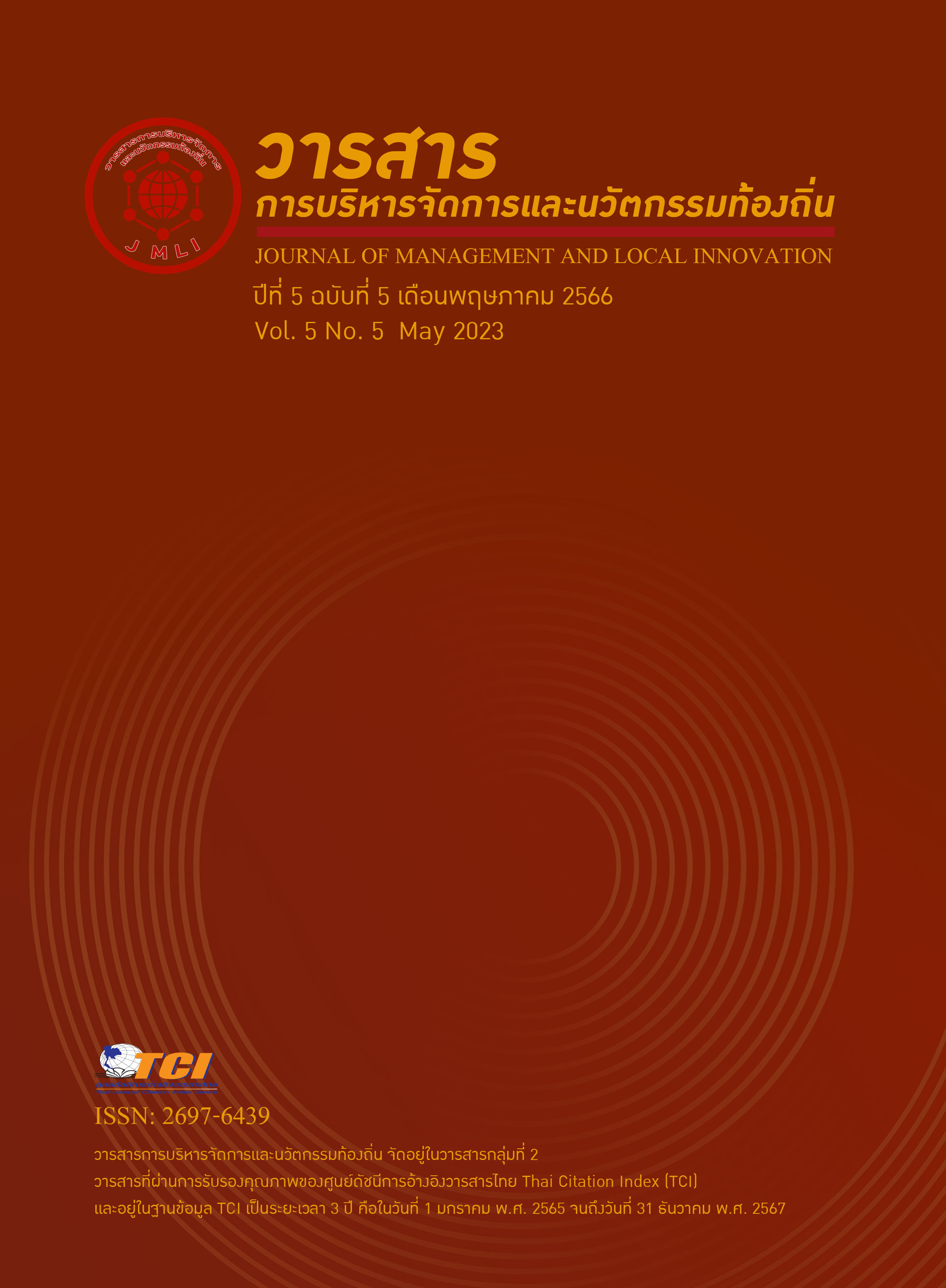Effectiveness of Baan Mankong Project: A Case Study of the Communities in Bangkok Thailand
Keywords:
Effectiveness, Baan Mankong Project, Communities in Bangkok ThailandAbstract
The objective of this research is to study the Effectiveness of Baan Mankong Project and to examine the factors that influence the Effectiveness of Baan Mankong Project: A Case Study of the Communities in Bangkok Thailand. This is a quantitative research study that collects data through questionnaires administered to 400 household heads out of 3,095 households residing in the Secure Housing Project in the Bang Khen, Chatuchak, Lak Si, Don Mueang, and Sai Mai districts. The data will be analyzed using descriptive statistics such as percentages, means, standard deviations, and inferential statistics, including multiple regression analysis. The variable selection will be conducted using the Stepwise method to address the research objectives. The results of the research revealed that the Effectiveness of Baan Mankong Project is rated highly, with the highest level of satisfaction found in the housing itself. The second highest level of satisfaction is related to the physical environment of the community, followed by satisfaction with the social environment within the community. Based on the research findings, it has been determined that Public Leadership and Social Capital significantly influence the Effectiveness of Baan Mankong Project at a significance level of 0.05. Together, these factors explain 60.20% of the Project's Effectiveness. However, the Participation of the community does not have a significant influence on the project's effectiveness.


